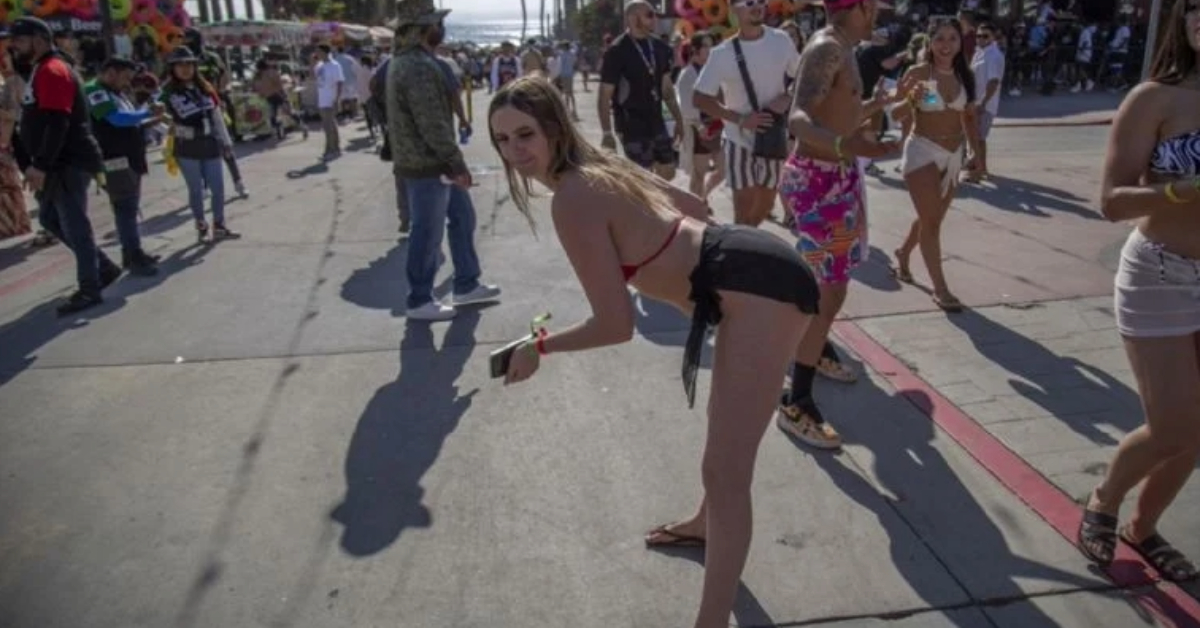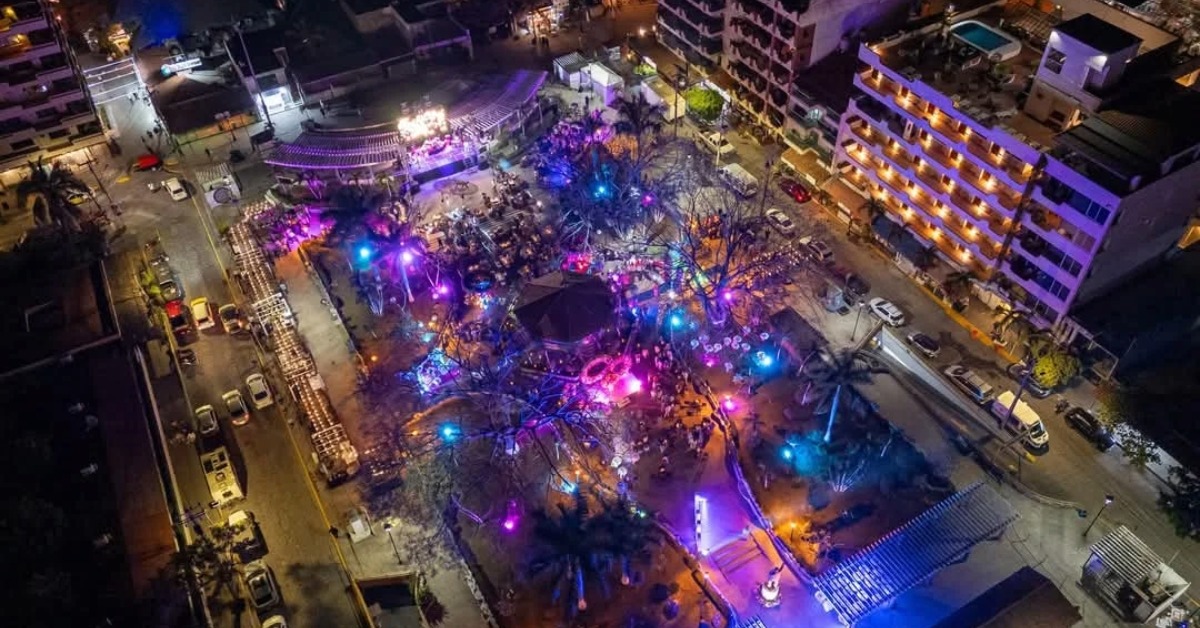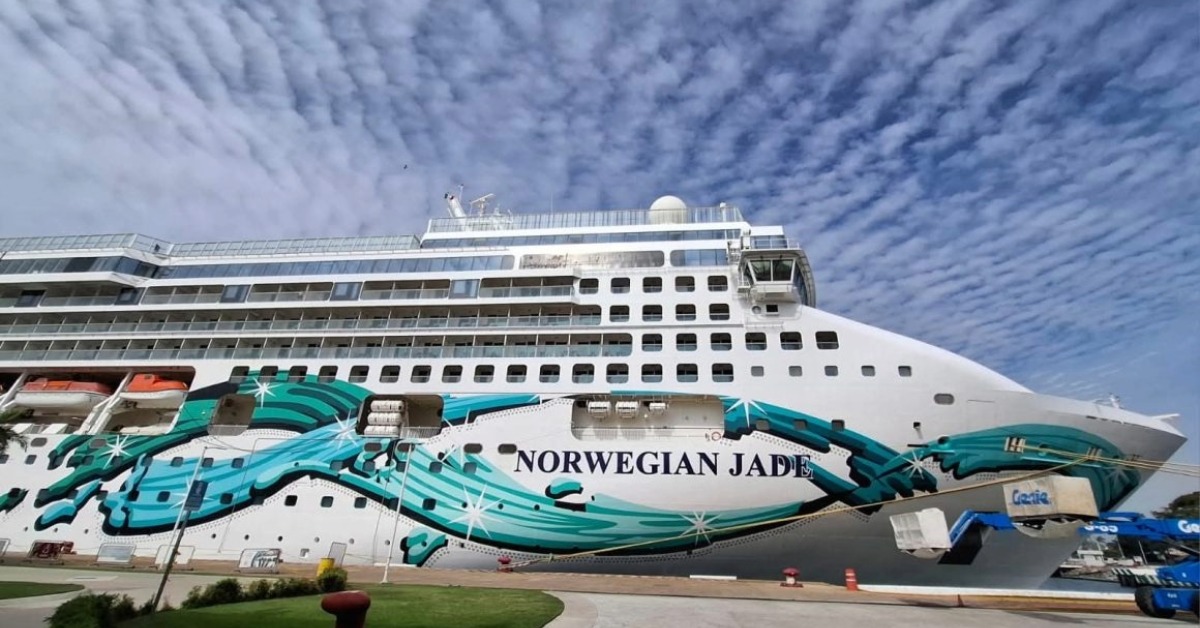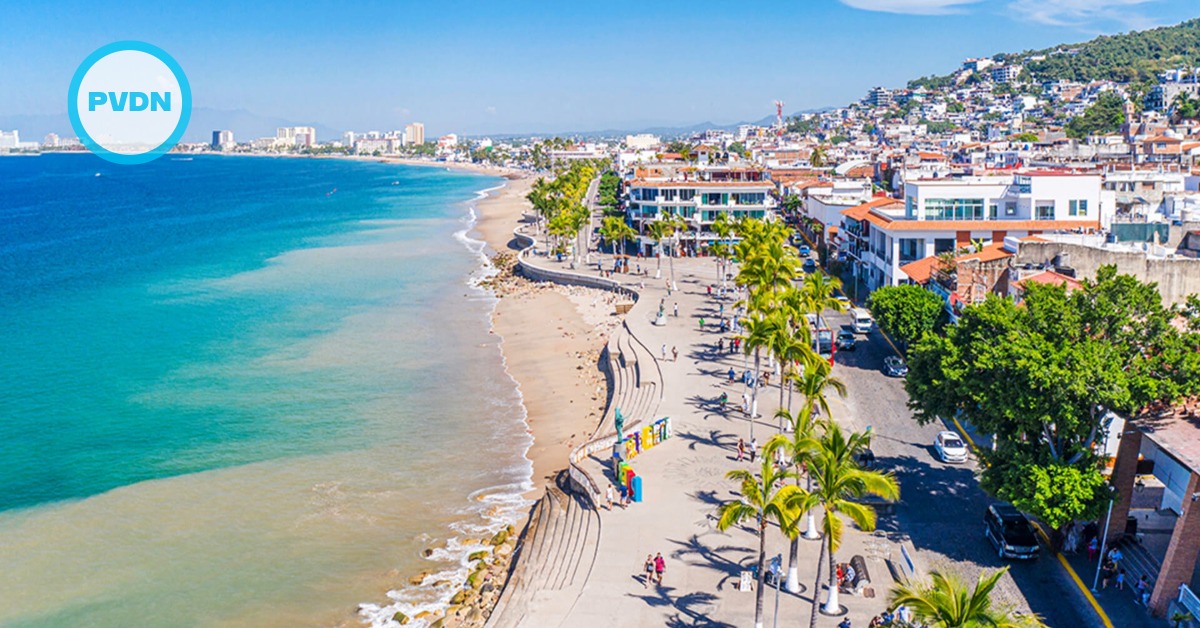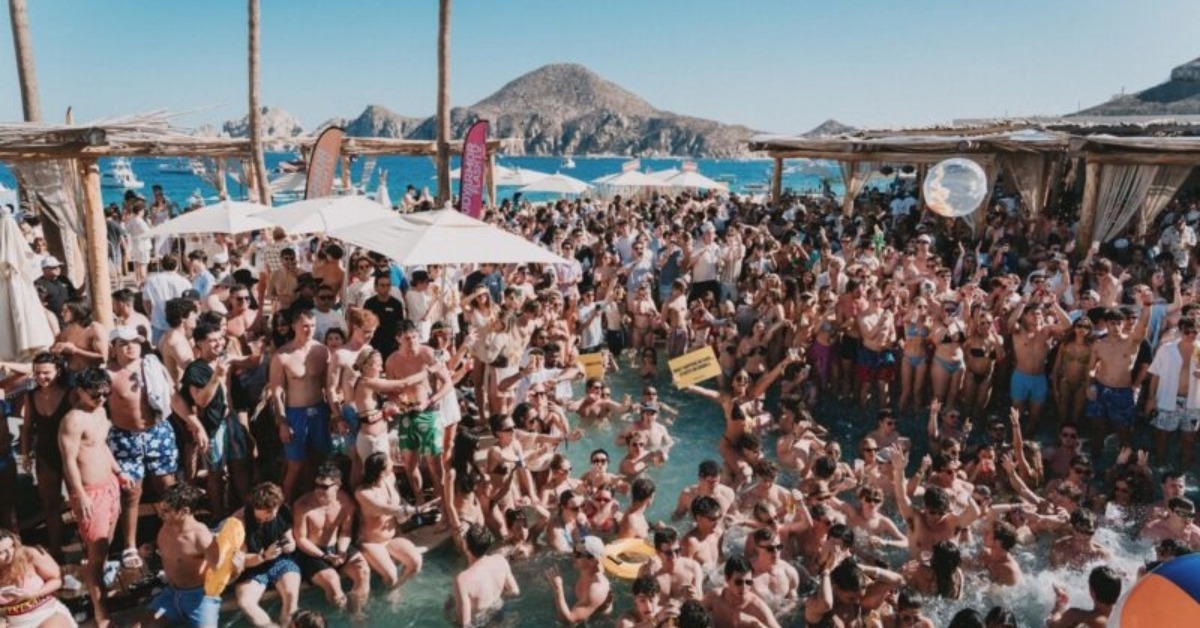Puerto Vallarta, Mexico - "Tourists, go home!" This was the cry that resonated through the streets of Barcelona on the first weekend of July as locals protested against the influx of tourists. With the sun shining brightly and the Mediterranean warm, the summer season had only just begun, but the city's residents were already feeling the impact of mass tourism.


